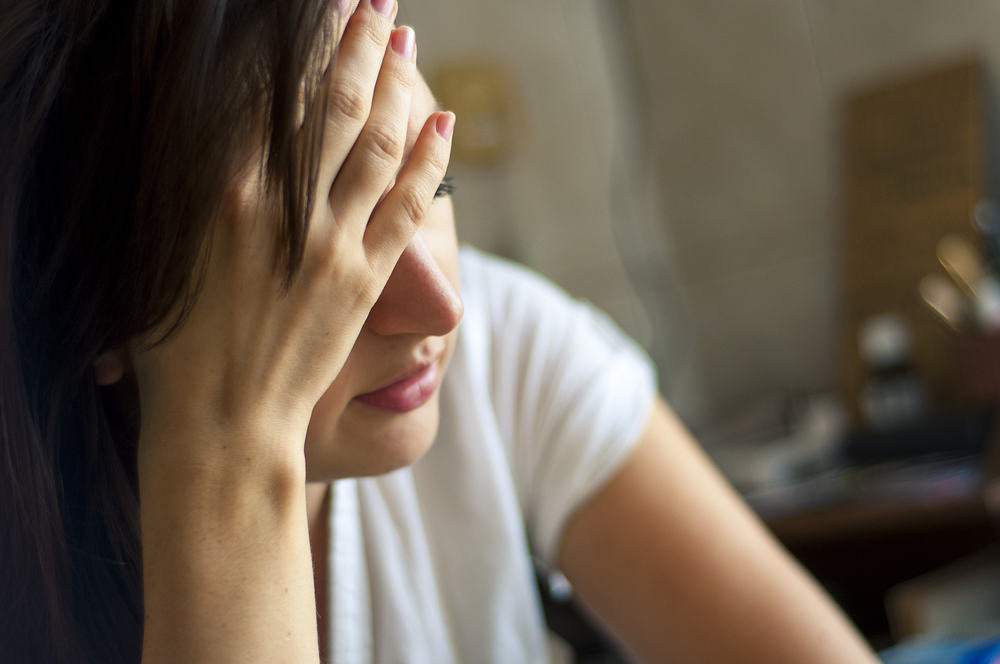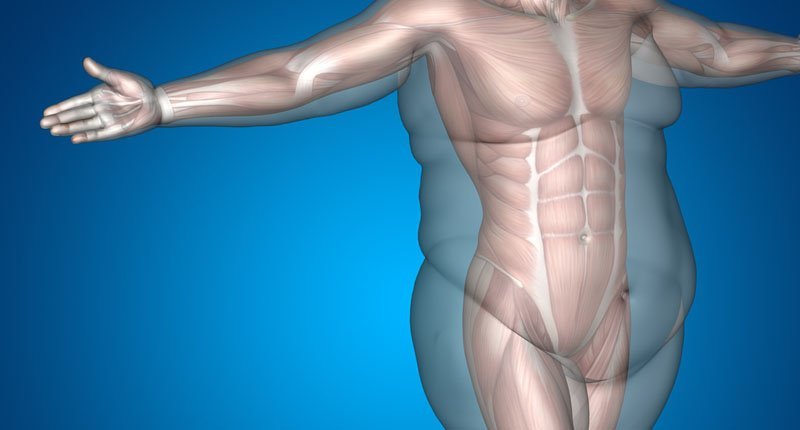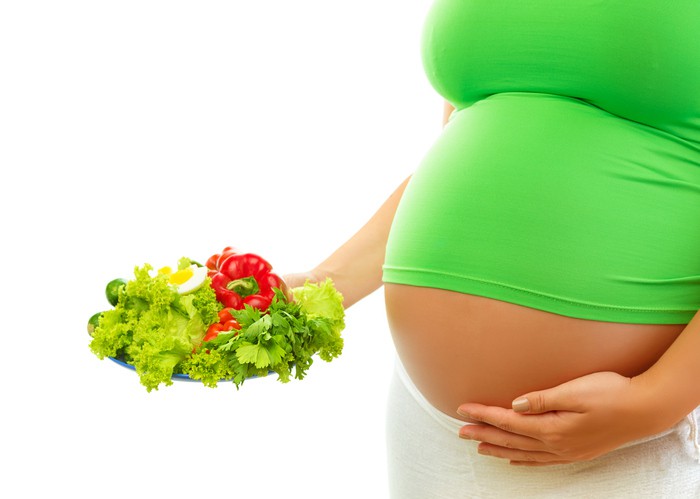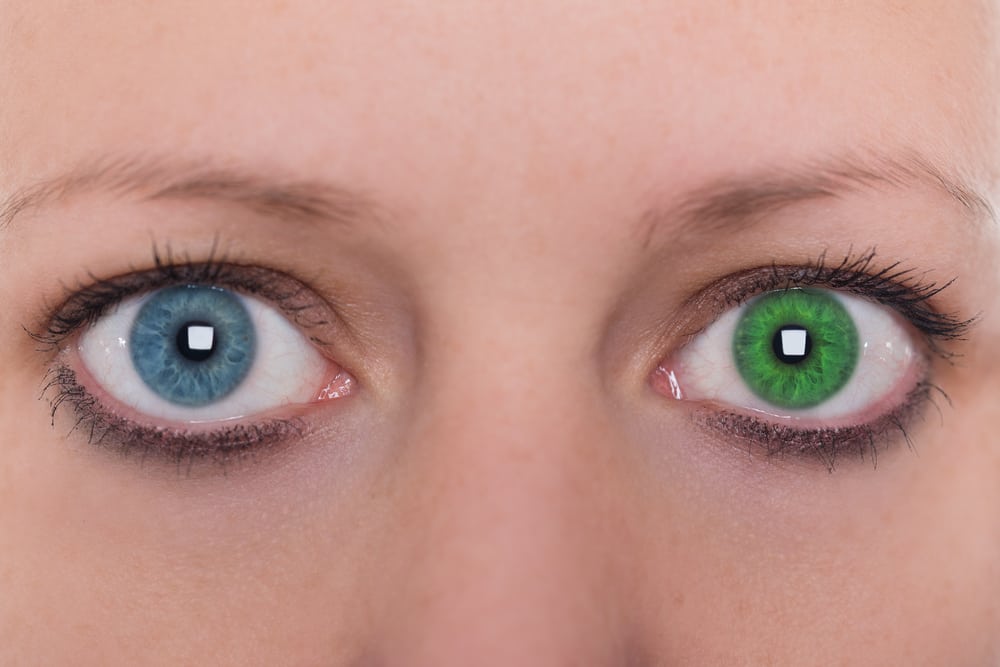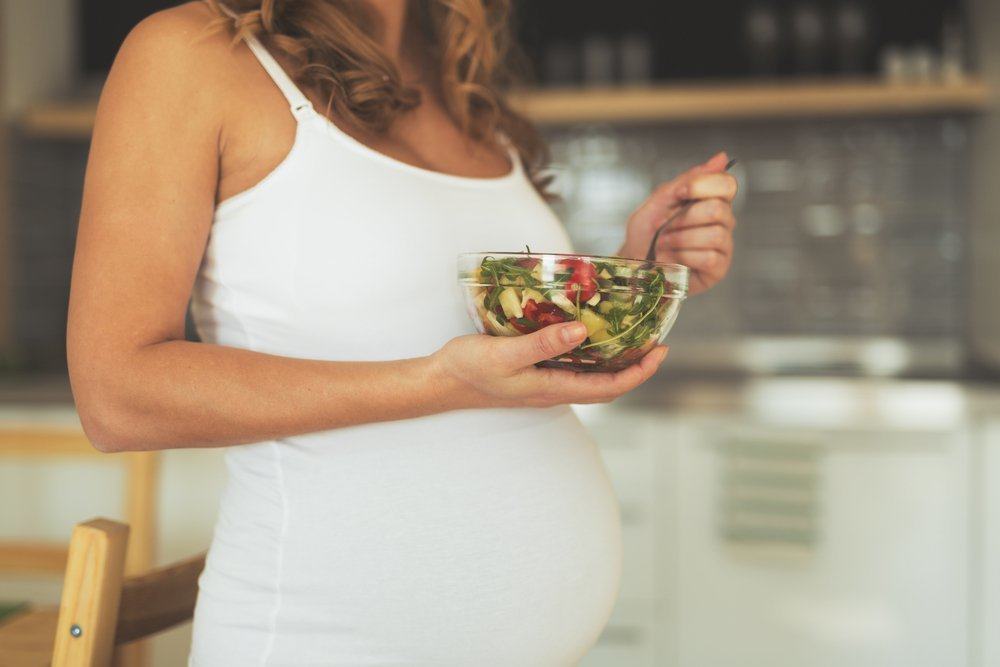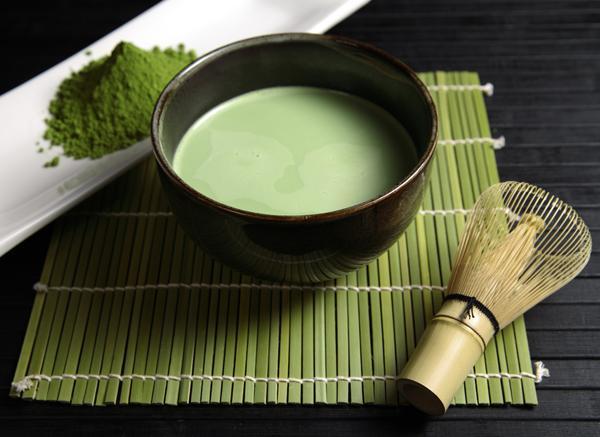Contents:
- Medical Video: Postpartum Depression, You’re Not Alone
- What is the difference baby blues and postpartum depression?
- What are the signs and symptoms of postpartum depression?
- How do you deal with postpartum depression?
- 1. Stay away from horror and terrible things
- 2. Don't rely too much on other people's tips
- 3. Don't burden yourself with tasks that are piling up
- 4. Keep away from negative people
- 5. Know when to seek help
Medical Video: Postpartum Depression, You’re Not Alone
About 50% of women experience mild depression after giving birth. This is normal. Your body has just gone through emotional and physical changes, including physical and mental stress from carrying a baby in the stomach for nine months. The important thing to note is not to let these ups and downs of emotions take over your life. If this happens, you may be threatened with a serious condition called postpartum depression.
What is the difference baby blues and postpartum depression?
You must have heard the term baby blues, which is often used to describe the condition of mothers who are stressed and mild depression due to hormonal changes after childbirth. Baby blues not the same as postpartum depression. Baby blues usually appears two days after giving birth, because pregnancy hormones that suddenly decrease make the body and mood You change too.
Baby blues usually peaks around four days after the baby is born, and you will begin to improve in two weeks, when your hormones are back to normal. You may also experience it baby blues for a full year after giving birth, stress and depression are usually only mild.
However, if you still feel severe depression after more than two weeks of giving birth, you may have postpartum depression.
What are the signs and symptoms of postpartum depression?
Some of the symptoms that are often experienced by women who suffer from postpartum depression are:
- Insomnia
- Crying suddenly
- Depression to not be able to undergo daily activities
- Thinking about hurting yourself or even hurting your baby
- Feeling worthless and hopeless
- Loss of energy
- Feeling very weak and exhausted
- Loss of appetite, or even weight loss
If you experience the following symptoms, tell your doctor. Postpartum depression is not something that can be left alone.
How do you deal with postpartum depression?
1. Stay away from horror and terrible things
Mothers who suffer from postpartum depression are very emotional. Whatever they see, they will connect with their own conditions. Therefore, they are sometimes difficult to control the mind and even trapped in their own imagination. It's important to surround yourself with beautiful and positive things to prevent your mind from wandering into bad things. Stay away from horror films, mystery novels, tense stories, and temporarily don't read or watch criminal news.
2. Don't rely too much on other people's tips
Whether it's information you get from a website or magazine, or from forum mommies on the internet, remember that not all successful suggestions and tips for other mothers will work for you. The condition of depression for each mother is different, so how to overcome it may not be the same. Obsessed with various suggestions and tips can actually make you worse when you don't see tangible results.
3. Don't burden yourself with tasks that are piling up
Take care of children, take care of husbands, take care of homes, take care of work, and so on. If indeed your job is a lot, don't burden yourself with this whole work if your psychological condition is indeed not possible. Don't hesitate to ask for help from your husband, family or household assistant. If you feel tired and really need to sleep, but dirty laundry is still piled up, go to sleep. Your health is more important than the pile of clothes that can still be washed the next day.
4. Keep away from negative people
Not everyone will support you and understand your condition. Maybe they blame you for being depressed when you have just been blessed with a cute baby, or because you can't fulfill your duties as a mother, wife, and career woman at a time because depression is holding you back. Instead of listening to things that make you feel guilty, spend time only with people who understand your situation and support positively. It is also important to look for other mothers who have been in the same condition, so you can share with each other.
5. Know when to seek help
You can get help from others to deal with postpartum depression, but the point is that you yourself must be active and have a strong intention to go through this dark period. Without the motivation to "recover" from yourself, it will be difficult to beat depression. If your symptoms get worse and you feel you can't handle it yourself, immediately seek professional help from a therapist or psychologist.
READ ALSO:
- What You Want To Know About Defecation After Childbirth
- Postpartum PTSD is different from the Baby Blues
- Postpartum Psychosis: During Postpartum Depression Getting More Severe

